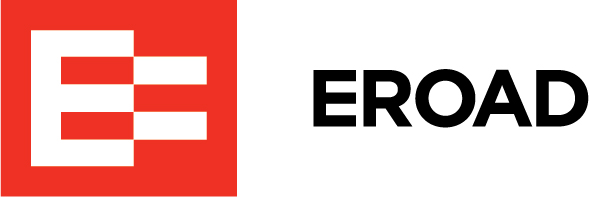More and more businesses are turning their attention to sustainability. Because they work in an industry that is directly involved with these efforts, waste and recycling haulers have deep insights into some of the challenges facing the push toward a sustainable future.
One Indiana town, for instance, recently reported that residents had improperly recycled 1.65 million pounds of e-waste and hazardous materials, an occurrence called contamination that can cause recycling programs to be shut down. And such incidents are not rare: The average contamination rate in the U.S. is 25% – 1 in four items – according to the Environmental Protection Agency (EPA).
When contamination does happen and haulers are unable to identify the source, recycling margins decline, and the percentage of waste produced increases. Today, there are sophisticated fleet management technology solutions that are purpose-built for waste and can provide actionable data insights, leading to increased compliance and improvement in recycling margins.
Better Fleet Management for Haulers
In addition to being a sustainable initiative, recycling can also help stimulate the economy and benefit communities. And most Americans support recycling. Still, many items that are put in recycling bins end up in landfills because of the public’s failure to adhere to proper recycling practices. The resulting contamination can have a financial domino effect, starting with the hauler and ending with customers. While public education about proper waste and recycling practices remains a challenge, haulers can make headway and protect themselves by implementing fleet management systems, such as RFID for service verification.
With service verification that uses RFID tags on bins, such as EROAD’s CoreRFID, haulers can scan each bin in real-time as proof of service. This important, yet often underutilized feature, lets haulers know where the truck is, where the truck has been, and whether service was performed, eliminating the potential headache of an angry customer. And with RFID service verification combined with cameras, haulers can identify cart contamination at the source and use actionable data to then educate customers and reduce violations. With these reporting features, recycling rates inevitably increase, improving margins and helping to meet recycling goals.
When haulers go beyond service verification and adopt additional solutions, such as in-cab information dashboards or cameras, they can identify which bins were contaminated while at the same time increasing efficiency and boosting revenue. Easily accessible and reliable in-cab applications, such as exception recording, can allow a driver to record any blocked or contaminated carts, leading to easier resolution of customer complaints and less contamination in general. Furthermore, reliable data and reporting features, such as paperless route sheets or navigation, also contribute greatly to boosted efficiency and minimize any potential mistakes along the way.
Using Your Technology Provider as Your Advocate
Adopting innovative and efficient technology is an excellent step in the right direction, but tech can’t solve everything. This is where having a reliable and experienced waste technology partner comes into play. Waste and recycling is a complicated industry, but when using a provider who can act as your advocate and liaison, communications will be streamlined, cutting down on time that haulers could spend increasing efficiencies or improving ROI.
Unfortunately, disputes between haulers and municipalities are common in the waste industry. If these disputes become heated, they can strain business relationships. Using a reliable partner that can provide real-time data and a single source of truth can help alleviate these pain points and smooth relations between haulers and municipalities.
Preparing for What’s Next in Waste and Recycling
The waste and recycling industry landscape is constantly evolving through regulations, new technologies and efforts to further sustainable practices. By using waste technology, such as RFID and cameras, coupled with AI technology, haulers are set up for success to increase efficiencies and revenue as well identify and decrease the occurrence of contaminants. Moreover, when these technologies are properly optimized alongside an expert partner in the industry, haulers and cities can avoid the potential headaches of customer disputes while optimizing business efficiencies, increasing the bottom line, and ultimately contributing to the pursuit of sustainability.
EROAD’s Waste Solution is purpose-built for the waste and recycling industry. Click here to learn more about how EROAD’s CoreRFID service verification and other tools can help you run a more efficient, sustainable and safer operation.

